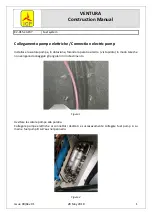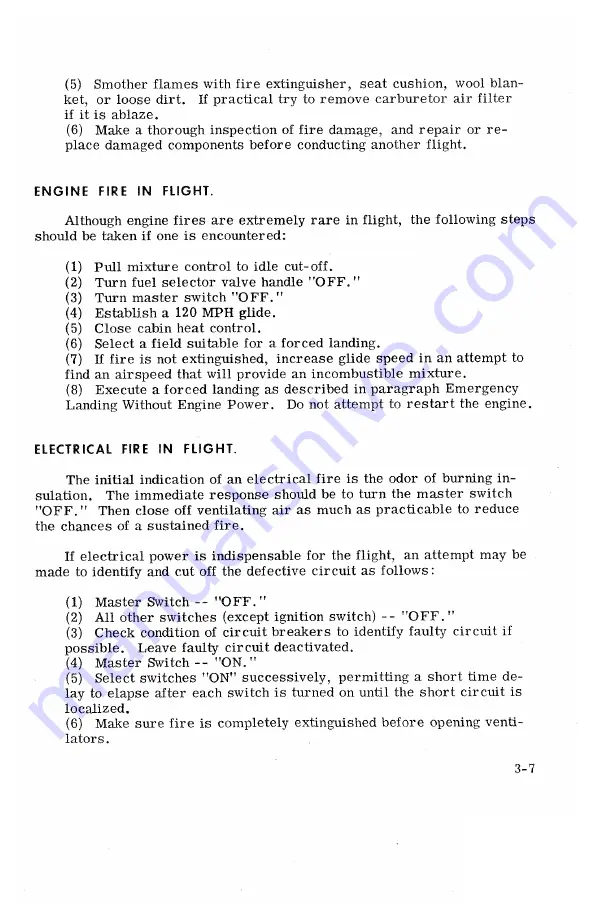Reviews:
No comments
Related manuals for 172 0970

VENTURA
Brand: ICP Pages: 13

MANTRA M6 LM6
Brand: Ozone Pages: 30

XCitor
Brand: Fresh Breeze Pages: 38

24000000
Brand: XciteRC Pages: 56

LT 1
Brand: SOL paragliders Pages: 39

WIPLINE 8000
Brand: Wipaire Pages: 62

Glasflugel 304 MS
Brand: HPH Pages: 104

BE76 Duchess
Brand: Beechcraft Pages: 33

Rush 4
Brand: Ozone Pages: 62

103079
Brand: HobbyKing Pages: 11

Savage Classic
Brand: Zlin Aviation Pages: 98

Pitts Python ARF
Brand: KANGKE INDUSTRIAL Pages: 18

MAXBEC2D EX
Brand: FLYSURFER Pages: 12

35A
Brand: Learjet Pages: 210

20 Series
Brand: Learjet Pages: 373

Tori
Brand: GREAT PLANES Pages: 20

REACTOR BIPE
Brand: GREAT PLANES Pages: 28

ELA 10-Eclipse
Brand: ELA Aviacion Pages: 62































